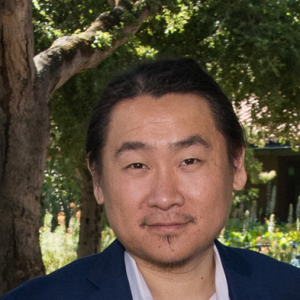
Dr. Sixiang WANG
University of California – Los Angeles
April 28, 2022
4:30-6:00 PM EDT
Jones Hall 202
Dr. Wang will be discussing Korean diplomatic appeals (陳情表). Pre-registration is required.
Princeton University

Dr. Sixiang WANG
University of California – Los Angeles
April 28, 2022
4:30-6:00 PM EDT
Jones Hall 202
Dr. Wang will be discussing Korean diplomatic appeals (陳情表). Pre-registration is required.
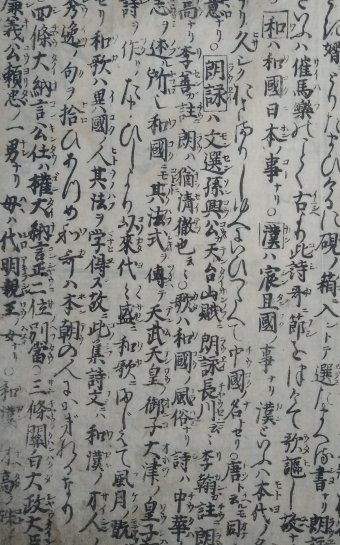
Dr. Jennifer GUEST
Oxford University
April 7, 2021
4:30-6:00 PM EDT
Borders of Poetic Language: Defining Chinese and Japanese-style Poetry in Medieval Commentary to the Wakan Rōeishū
The eleventh-century anthology Wakan rōeishū (和漢朗詠集, Japanese and Chinese-style Chanting Collection) was a key resource for premodern literary education that brought Literary Sinitic couplets and vernacular Japanese waka poems together into a single encyclopaedic order; its flourishing medieval commentary tradition became an important site for scholars to debate and experiment with different approaches to understanding poetry. This discussion will focus on the preface and one section of annotation from an anonymous twelfth-century commentary, Wakan rōei chūshō (和漢朗詠註抄), as a starting point for considering how commentators on this anthology imagined distinctions between different kinds of poetic language and constructed multiple histories of poetry within a broader transregional literary setting.
For Zoom registration, please click here. Registration is required.
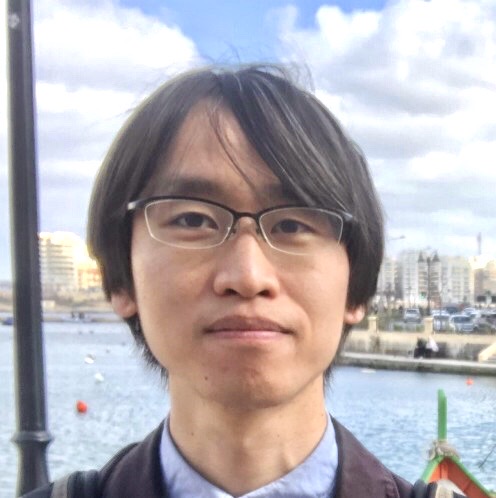
Dr. TANAKA Sōta
Kyoto University
February 17, 2021
4:30 PM EST
漢文 (The Chinese Script) in the History of Japanese Written Languages
Abstract:
This talk aims to better understand the complex role that written Chinese (hanwen/kanbun 漢文) played within the variation and history of Japanese written languages. The written language of classical Chinese became a means to write the Japanese language. The key factor in this development is kundoku 訓読, a system with which a written Chinese text can be read out as an idiom of Japanese.
I first survey the specific types of documents which used kanbun within the larger script system of premodern Japan even after the development of the phonetic kana script. Second, I will argue that this continued use of kanbun motivated and influenced the reliance on “classical” (Middle Japanese) grammar in writing, down to the 20th century. I also point out that there was room for linguistic variation even in texts in classical grammar and this enabled a wide variety of literate people to write classical Japanese, which had become so different from spoken Japanese.
For Zoom registration, please click here. Registration is required.
Upcoming workshops:
Jennifer Guest, April 7
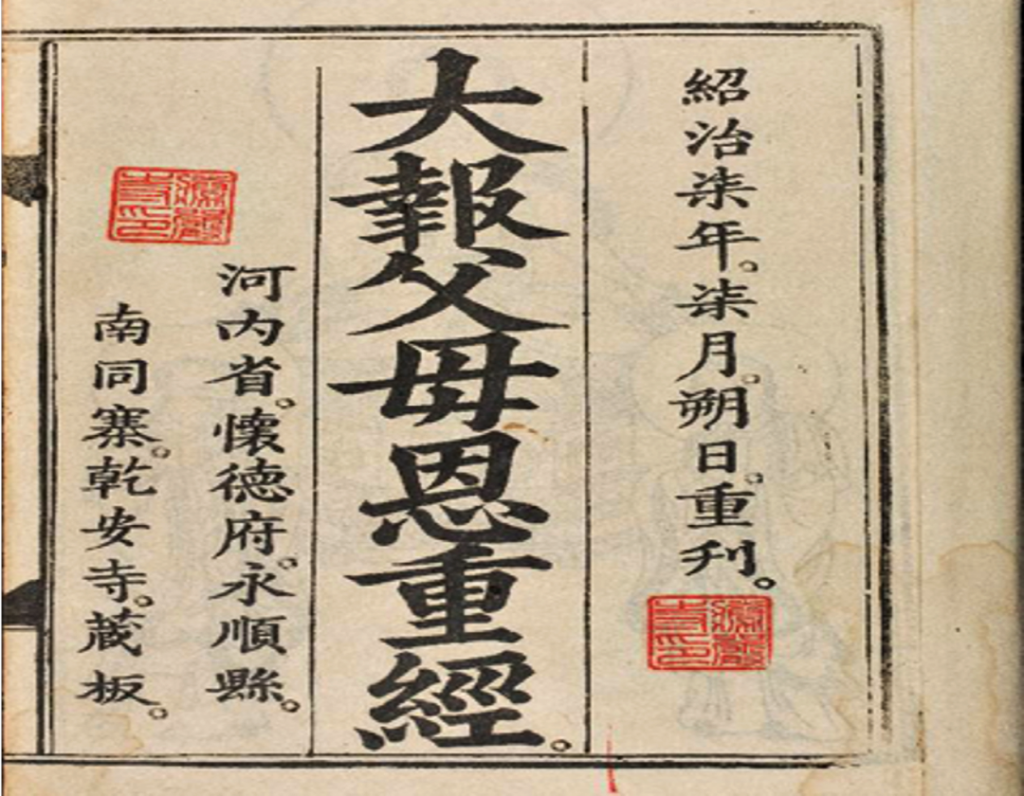
Prof. SHIMIZU Masaaki
Osaka University
Oct. 30 (Fri), 2020
9:00 AM EST
The Diversity of Vietnamese Nôm Characters in Two Medieval Vietnamese Sutras
Please contact John Phan ahead of time to receive the Zoom link.
Upcoming Workshops:
Tanaka Sōta, February 17
Jennifer Guest, April 7
CLEA Events in 2020-21
SHIMIZU Masaaki (Osaka University), October 30, 9 AM Eastern
TANAKA Sōta (Kyoto University), February 17, 4:30 PM Eastern
Jennifer GUEST (Oxford University), April 7, 4:30 PM Eastern
Mark your calendars!
CANCELLED DUE TO UNIVERSITY SOCIAL DISTANCING POLICY

Dr. Jennifer GUEST
Associate Professor of Japanese, University of Oxford
April 2 (Thu), 2020
4:30-6:30
Princeton University, Chancellor Green 105
Borders of poetic language: defining Chinese and Japanese-style poetry in a twelfth-century commentary to the Wakan rōeishū
Abstract: The eleventh-century anthology Wakan rōeishū (和漢朗詠集, Japanese and Chinese-style Chanting Collection) was a key resource for premodern literary education that brought Literary Sinitic couplets and vernacular Japanese waka poems together into a single encyclopaedic order; its flourishing medieval commentary tradition became an important site for scholars to debate and experiment with different approaches to understanding poetry. This discussion will focus on the preface and one section of annotation from an anonymous twelfth-century commentary, Wakan rōei chūshō (和漢朗詠註抄), as a starting point for considering how commentators on this anthology imagined distinctions between different kinds of poetic language and constructed multiple histories of poetry within a broader transregional literary setting.
Upcoming Workshops:
Dr. Jungwon Kim (Columbia University), May 5, 2020 at Columbia

Dr. Jungwon KIM
EALAC Columbia University
Friday, 28 February 2020 4:30 PM
918 International Affairs Building (Columbia University)
RESCHEDULED FOR TUESDAY MAY 5
Vernacularization of the Great Ming Code in Early Chosǒn Korea (1390-1910)
Upcoming Workshop:
Jennifer Guest (Oxford), April 2 at Princeton
Coming soon in 2020:
Jungwon Kim (Columbia) on the Joseon vernacularization of the Great Ming Code at Columbia University, February 28 (Fri), 2020
Jennifer Guest (Oxford) on medieval Japanese poetic commentary at Princeton University, April 2 (Thu), 2020
Mark your calendars!
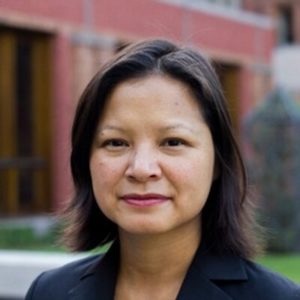 Dr. Nhung Tuyet Tran
Dr. Nhung Tuyet Tran
Dept. of History, University of Toronto
November 15 (Fri), 2019
4:30-6:30
Princeton University, Jones Hall 202
Articulating Sinic Values at the Interstices of Empire: Literary Sinitic, Vernacular Vietnamese, and Neo-Confucianism in the Cham Heartland
Abstract: In 1718, in the coastal city of Quy Ninh, in what is now Vietnam’s south central coast, a group of students reprinted the “Guide for Young Learners by Category and Rhyme (指南幼學備品協韻)” in honour of their teacher. As its title suggests, the compiler intended to explicate literary sinitic terms for young Vietnamese speakers. Divided into chapters explicating classical Chinese terms such as political figures, familial relationships, and flora and fauna, young Vietnamese speakers probably used it, and its earlier iterations, to improve their literacy level in the literary Sinitic. More than a simple dictionary, I suggest that the bi-lingual glosses reflect the influence of Cham cultural patterns and habits in its articulation of orthodox Confucian values.
Upcoming Workshops:
Dr. Jungwon Kim (Columbia University), late February 2020 at Columbia
Dr. Jennifer Guest (Oxford University), early April 2020 at Princeton